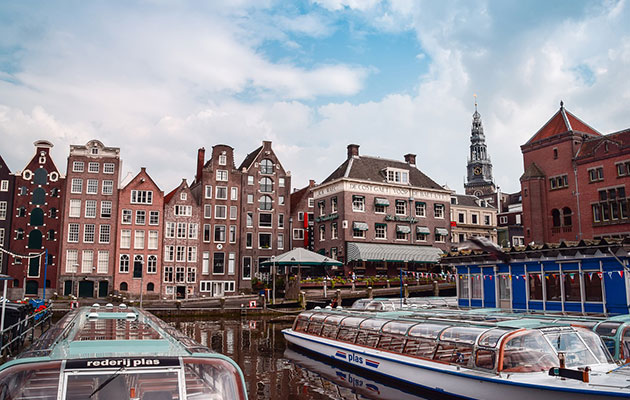-
Articles
Legalization of Hemp-Related Business in Thailand
Hemp including its related products are generally specified as one of the Category 5 Narcotics under the Narcotics Act B.E. 2522 (1979) as amended (the “Narcotics Act”). Consequently, it was strictly prohibited under the Narcotics Act to produce, import, export, dispose of, or posses, the hemp and its related products.
However, on 30 December 2020, Thailand took a next step by introducing the Ministerial Regulation re: Licensing and Approval for the Production, Import, Export, Distribution or Possession of Narcotics in Category 5 Specifically for Hemp B.E. 2563 (2020) (the “Ministerial Regulation”), which has come into effect on 29 January 2021. This is the first-ever legalization of hemp-related business in Thailand which allows the production, import, export, distribution and possession of hemp (i.e. Cannabis sativa L. subsp. Sativa) for some specific purposes such as medical purposes, commercial or industrial purposes, producing certified hemp seeds, study, research and development, or improvement of hemp strain, utilizing hemp fiber in accordance with tradition, culture, or lifestyle, and household.
The applicant of the license to operate the hemp-related business needs to be one of the followings:
- a Thai individual domiciled in Thailand who is at least 20-years of age;
- a legal entity incorporated under Thai law (with at least two-thirds of directors, partners or shareholders being of Thai nationality, and the representative being domiciled in Thailand); or
- a community enterprise, or a designated government agency.
One additional point to note is that an applicant who is to apply for a hemp planting license also needs to submit the documents showing that it has the ownership (i.e. a certified copy of land title deed) or possession right (e.g. consent letter from the lessor) over the land to be used for planting hemps.
The application process for the license to operate the hemp-related business would basically be done through electronic means. Except for those which cannot undergo the online process, the application can then be submitted at the Thai Food and Drug Administration office having the jurisdiction over the place where the hemp-related activity is conducted.
After receiving permission to operate the hemp-related business, the licensee would also have to comply with some post-licensing obligations set forth under the Ministerial Regulation such as operating the hemp-related business only in the place specified in the license, preparing labels and information leaflets for the package of hemp as required by law, complying with the plan and the objectives to operate the hemp-related business as permitted, etc.
This is intended merely to provide a regulatory overview and not to be comprehensive, nor to provide a legal advice. Should you have any questions on this or on other areas of law, please contact:
Jirapong Sriwat
Partner
Sukjai Panpasuk
Attorney-at-Law




